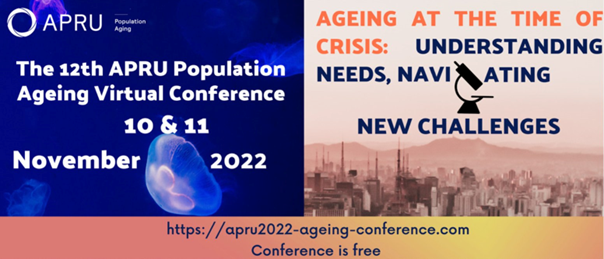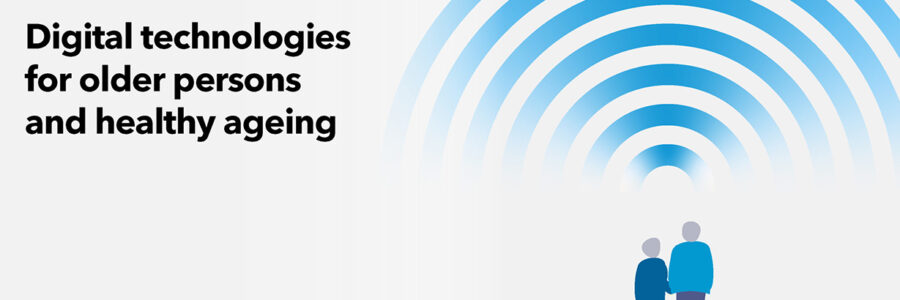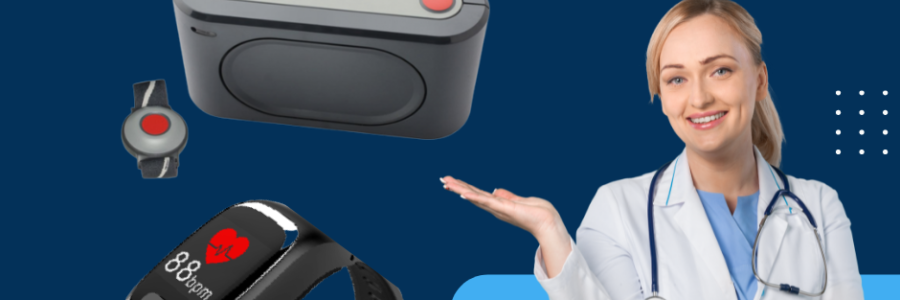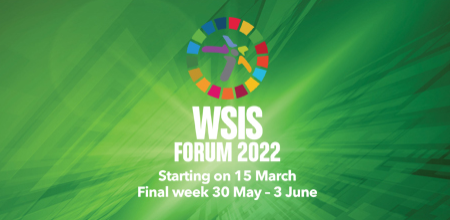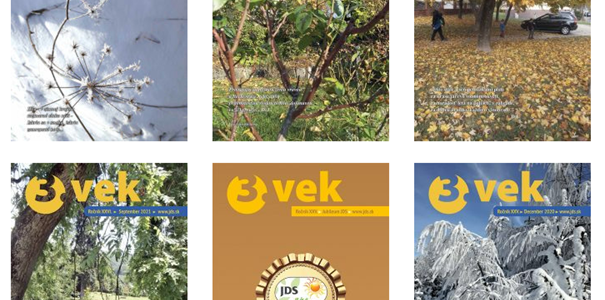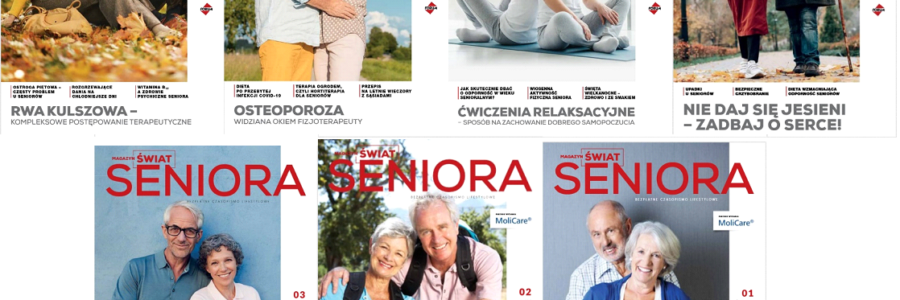The telecare expert from OPIEKANOVA explains to us why her company is pushing so hard to use centralized life buttons for its remote care. After all, smartwatches are also in the company’s portfolio. However the company has been reluctant to use them. After 10 years in business and constant testing, the expert says telecare devices can be divided into professional – centralized ones (digital home carephone i.e. home unit plus portable radio transmitter) and gadgets – cool looking, but their effectiveness is minimal. Why? Here are some of the most important reasons!
Are you charging? That is why, you are not protected!
Measurement functions have been abandoned in the digital carephones. As a result, companies have adjusted to the needs of most seniors. Not just those who are active and without motor problems. Also to those with mild dementia. Thanks to the abandonment of additional functionalities, there are wristbands that do not need to be charged for up to 3 years and are waterproof. So we are assured that the senior has them on all the time. Considering that most accidents among seniors happen at night in bed or while bathing – there are no better devices. Current smartwatches sold on the market we have to charge every day. Thus, we take them off at night. Most are also not waterproof. So they may be rich in various functionalities but they do not fully perform their primary function, i.e. protecting the senior in an emergency situation. So PLUS for the digital home carephone.
Check out how the microphone and speaker work!
Smartwatches are equipped with a microphone in the wristband. This is a very good solution for active seniors. They also work outside the home. Unfortunately, the quality of communication is very poor – the wristband has to be brought closer to the mouth or ear when talking – it is not possible to do when falling and fainting. But the ability to communicate in the wristband is its undoubted advantage outside the home. The digital home carephone doesn’t work outside the home – this solution supports seniors in such places where there are no other people to help. But on the other hand, this device has an ingeniously designed hands-free conversation system. With it, the caregiver can hear the senior even behind the bathroom door, and the senior can hear the caregiver. You can also change the volume remotely to suit the senior’s needs. This is an extremely high quality system that improves lifesaving efficiency! So again PLUS.
Smooth conversation with the caregiver
Using the digital home carephone, the senior can also do household chores in peace and talk to the remote caregiver at the same time. With the home carephone device, it’s also no hassle to talk continuously with the paramedics who have been called to the home. You can give them data from the senior’s health card in real time and act together with them, which increases the quality of the operation. With a smartwatch, we won’t get that.
And what about measurement functions?
The expert explains that so far they have not found any smartwatch wristband on the market that has medical certification for additional functions (temperature, pulse, saturation). So its results can be wrong. Being responsible for the lives and health of care-recipients, the company prefers that seniors use pharmacy measuring devices or medical ECGs. These ones are medically certified. With smartwatches, the number of erroneous calls, constant recalls due to measurement errors, is so problematic that the company prefers to consider smartwatches as devices for personal use only. Here the gadget works great. For professional work, unfortunately, it does not receive the company’s recommendation.
The company works with devices from many manufacturers, choosing the best ones for seniors after analyzing their needs.
Thank you for reading this article.
Source: https://opiekanova.pl




